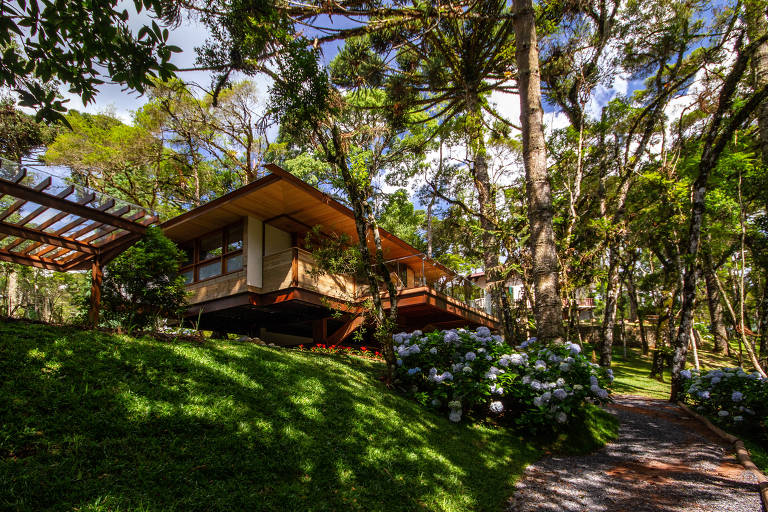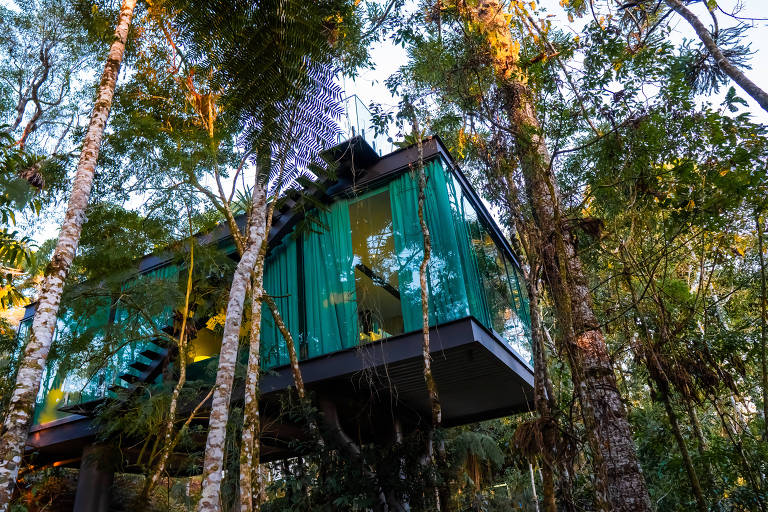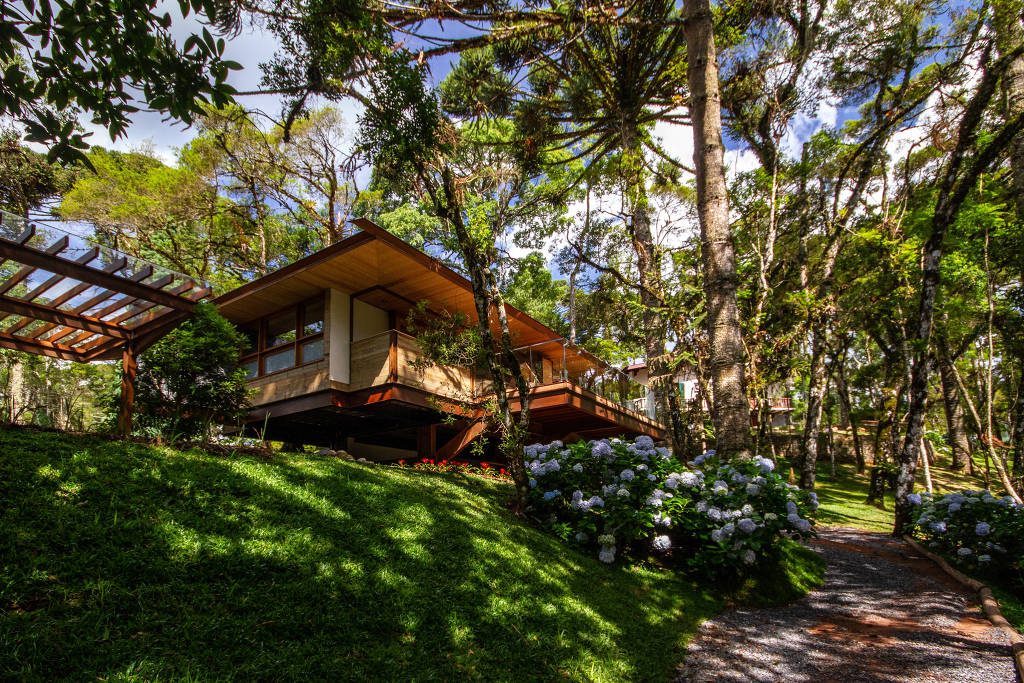Migration saves on electricity bills and boosts image with guests
(story originally published in the Folha de São Paulo newspaper on 23.04.24)
Flávia G. Pinho / São Paulo
For some time now, Brazilian hotels have been betting on solar energy. However, the pioneers had to build their own plants, since only large industries were eligible for the so-called free energy market.
Today, the scenario is different. In September 2022, other high-voltage consumers were allowed to cancel their contracts with conventional distributors and choose their suppliers. In January 2024, the benefit was extended to small and medium-sized businesses.

With the most recent change, even inns will be able to opt for migration, as long as they are not in rural areas and are part of group A (businesses that need a voltage above 2.3 kilovolts).
According to Claudio Ribeiro, president of 2W Ecobank, one of the 400 energy trading companies operating in the country, savings on electricity bills can reach 40%. But this hasn’t been the only motivation for hoteliers.
“It is possible to choose clean, renewable energy sources such as wind and solar power, a decision that companies can use in their marketing strategies. In the past, these resources were expensive, but technology has come a long way and the cost is now on a par with conventional energy.”
In June 2023, the Iberostar Hotels & Resorts chain announced that 100% of the energy consumed by the Praia do Forte complex in Bahia would come from wind and solar sources, with proven origin by the i-REC (Renewable Energy Certificate). The initiative is part of the global commitment to make the group carbon neutral by 2030.
On a day-to-day basis, guests don’t feel any difference, so they are informed of the novelty via the booking website, internal information material and recreational activities aimed at children and adults.
According to Camila Paulini, Iberostar’s sustainability manager, knowing that the hotel is helping to preserve the planet contributes positively to the brand’s image.
“For those who are aware, these changes make a difference and influence their hosting experience”
Ísis Batista, ESG manager at the Tauá Group, agrees. Since 2022, 100% of the energy consumed by the group’s hotels has come from clean, renewable sources. As well as making sure guests know this, Batista’s team draws attention to technologies that avoid wasting energy. Foreigners, she says, are the most demanding.
“For those who are conscious, these changes make a difference and influence their lodging experience,” he says.
Also on the menu of clean and renewable sources are biogas and biomass, which generate energy from organic matter.
Opened in 1943, the Toriba Hotel in Campos do Jordão (SP) underwent a renovation in 2015 and replaced its old gas boiler with a biomass heating system.
Also on the menu of clean and renewable sources are biogas and biomass, which generate energy from organic matter.

In addition to briquettes (compacted wood blocks), branches from cleaning the garden and leftover wood from the hotel’s construction work are used. The ash from burning the biomass helps to amend the soil in the beds and the surplus is donated to farmers in the region.
According to Aref Farkouh, the hotel’s managing partner, the investment of R$373,000 has paid for itself in two years, as it generates average annual savings of R$185,000.

